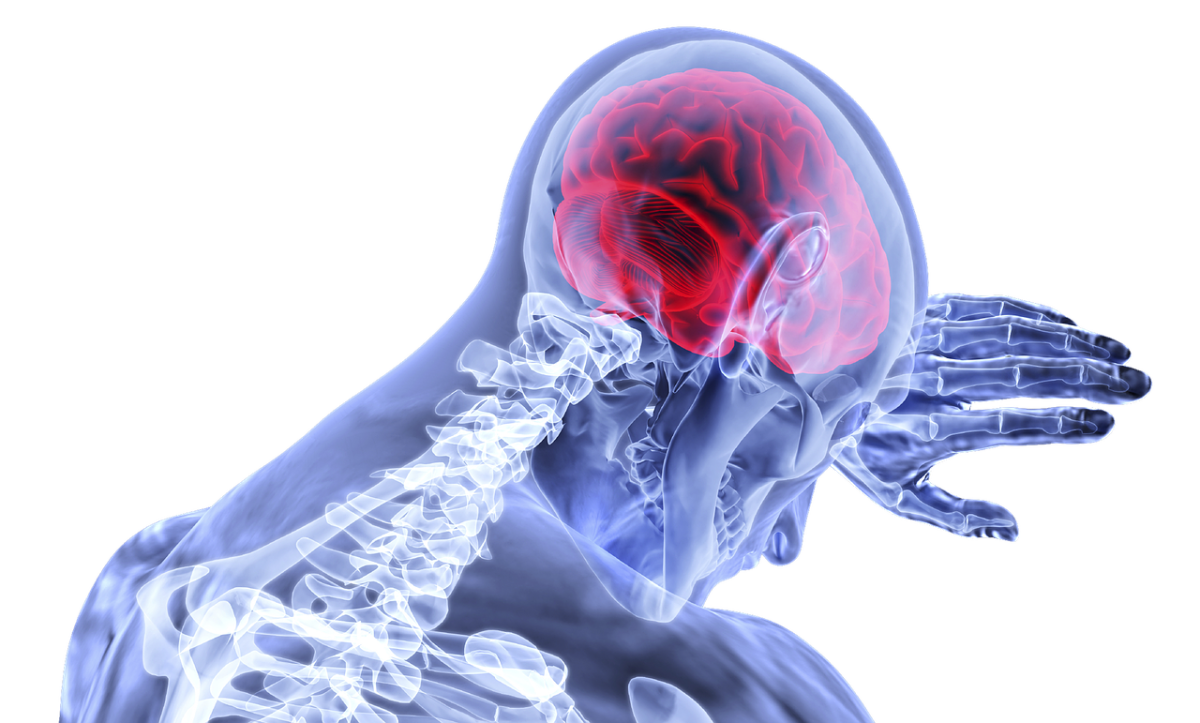The Role of Depression in Disability
Depression and disability are two words that are synonymous with one another. Depression is a disability that can be life threatening if left untreated. Though people often do not equate it with diseases like cancer, depression can lead to suicide and addiction. Suicide is a very final solution while addiction is a poor substitute for proper treatment to control this chronic illness.

Like many illnesses, depression doesn’t look the same for everyone. However, there are some symptoms that are experienced by most depression patients. The National Institute of Mental Health has compiled a list of common symptoms. Some of the most common, hard to diagnose ones are listed below:
- Irritation and irritability are common for depressed individuals
- Fatigue, sometimes at debilitating levels, is a frequent complaint
- Being twitchy and restless
- Cognitive issues, like trouble remembering things, indecisiveness and having trouble concentrating
- Insomnia, oversleeping, or simply having trouble with sleep overall
- Headaches, aches and pains and digestive issue with no known cause or treatment
These symptoms can be shared with other illnesses as well, such as autoimmune disorders and fibromyalgia, both of which can be difficult to diagnose. This doesn’t mean that everyone who is irritable is dealing with an autoimmune disorder or that having cognitive issues equate ‘fibro fog’—a term used by many FMS patients to explain the mental difficulties associated with this illness. But, the development of depression with these existing disabilities can make diagnosing clinical depression challenging to say the least.
What’s worse is that there are some less common symptoms that may not be as apparent. Forbes magazine did an article on this in 2016 that outlined some of the less common symptoms. Anger is number one on the list and talks about how anger is a depressed state and that it can lead to even small things being too much. It builds up and one more little thing can sometimes set someone off.The article, which is linked at the bottom in Resources, lists a total of twelve uncommon symptoms. Another one on the list is malaise.
The definition of malaise is “a general sense of depression or unease”. For those who have suffered with depression long term, it may just seem to be a part of their personality. The article indicates that not everyone develops a state of malaise, but for a few sufferers, that can turn around very quickly. A sudden burst of energy and motivation to get things done can be a sign that a depression patient needs medical attention as for some, this may lead to suicide or attempted suicide.
Depression and Disability
Depression its self is a disability, but for many who suffer from other chronic issues, depression almost always has a role. As a chronically ill patient, I am a member of various support groups for chronic illness and have read thousands of comments from patients who suffer with chronic illness. Depression is one of the few common elements in every single comment I’ve read and, though there’s some debate about what comes first when it comes to chronic pain and depression, there’s no denying that there is a link.
To understand why depression has such a serious impact on disability, it’s important to understand chronic illness. Depression is a long term illness that has a major impact on your health. So do autoimmune disorders, neurological disorders, and anything else that is a chronic health concern. Depression can exacerbate existing symptoms in other illnesses as your state of mind can affect how you feel. Fatigue also makes it more difficult to cope with chronic illness, and fatigue is a very common symptom of depression. It isn’t surprising that these two go hand in hand when it comes to any chronic illness.

What Came First, Depression or Disability?
This is a new twist on the old chicken and the egg question. The truth is that this is unique for every individual. According to webMD, some experts believe that the changes depression causes in the brain can lead to Fibromyalgia, also known as FMS. And as any FMS patient can tell you, having fibromyalgia very often leads to depression, or at least persistent symptoms of it.
In the case of autoimmune disorders and other illnesses related to inflammation, the development of depression may be chemical. In the article Depression and Inflammation: The Link and the Evidence I go over some very promising studies that talk about the development of depression symptoms in relation to specific inflammatory markers. In this case, depression may develop chemically and not just as a result of coping with a lifelong illness.
Because depression symptoms and the symptoms of many chronic disorders are often times one in the same, diagnosing depression before receiving another chronic diagnosis can be difficult. Or, depression develops as a result of another chronic illness. Regardless of when or how it develops, the evidence that depression and other chronic illnesses go together is undeniable and something that all chronically ill patients should keep an eye out for.
Reference Resources
The following resources are mentioned above as well as a few additional ones. Please remember that depression isn’t something to be ashamed of and that if you need help, please seek it out.
Forbes : 12 Uncommon Symptoms of Depression You May Be Overlooking
National Institute of Mental Health : Depression








